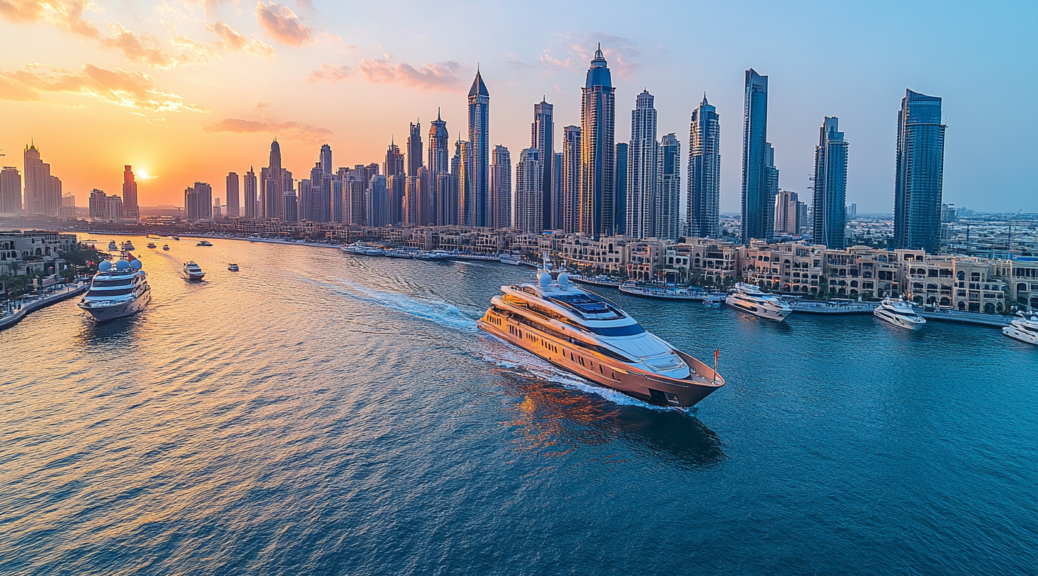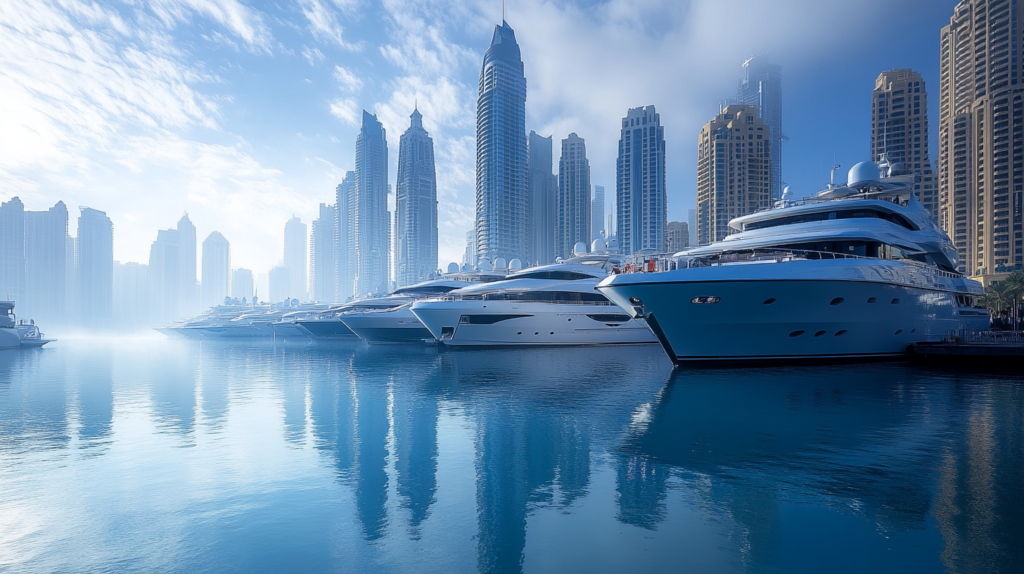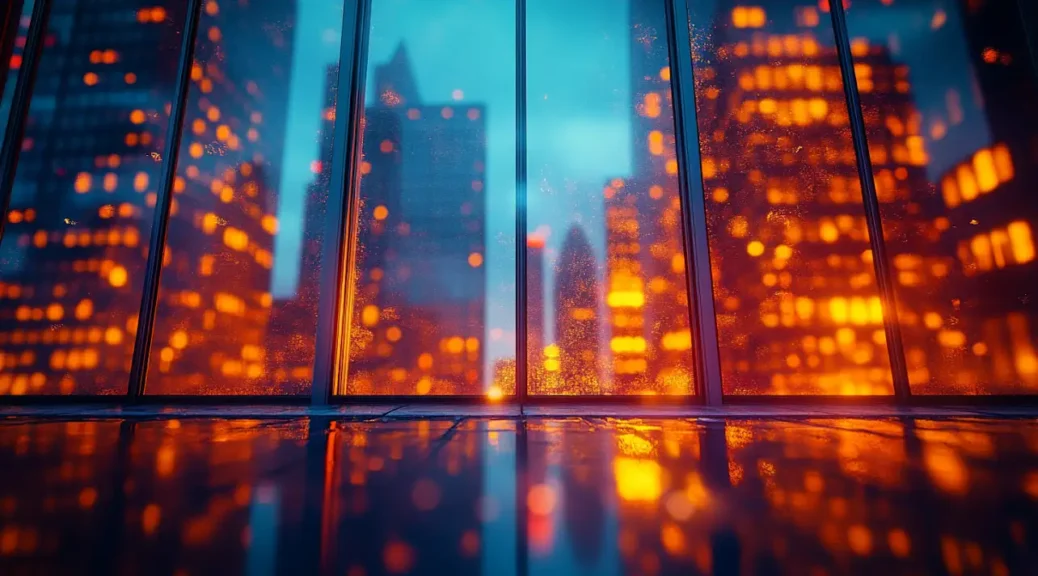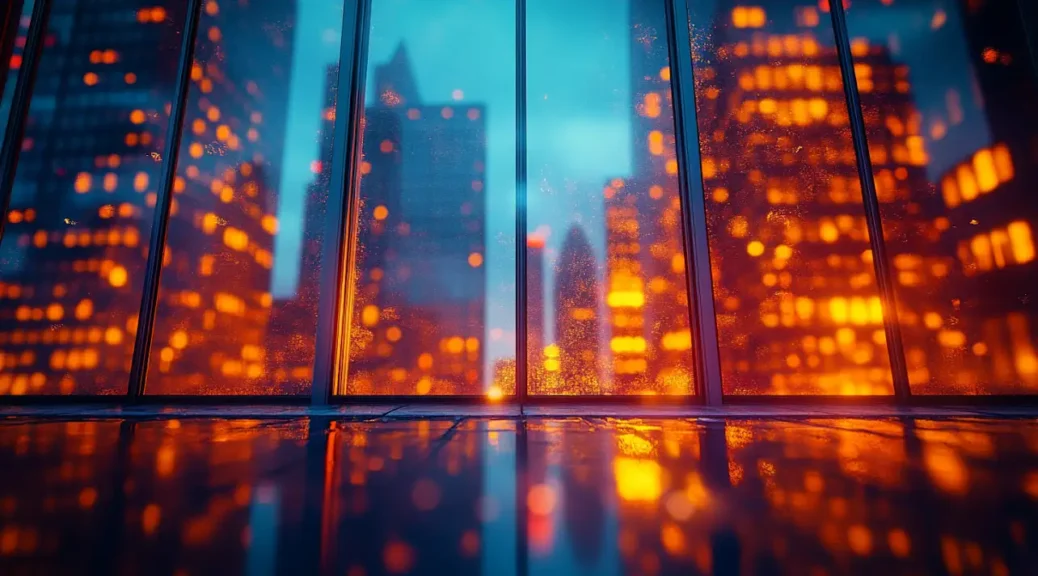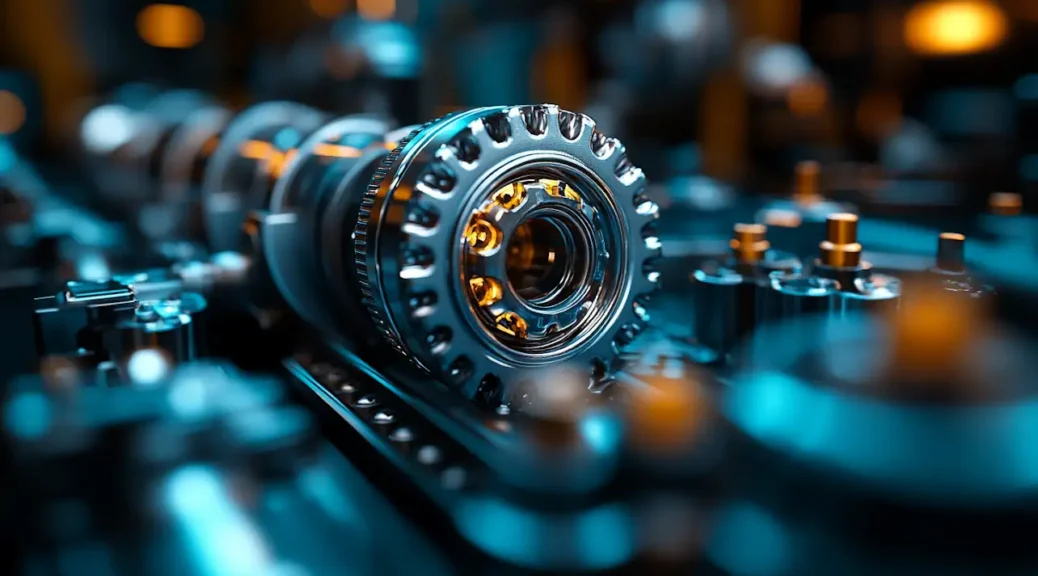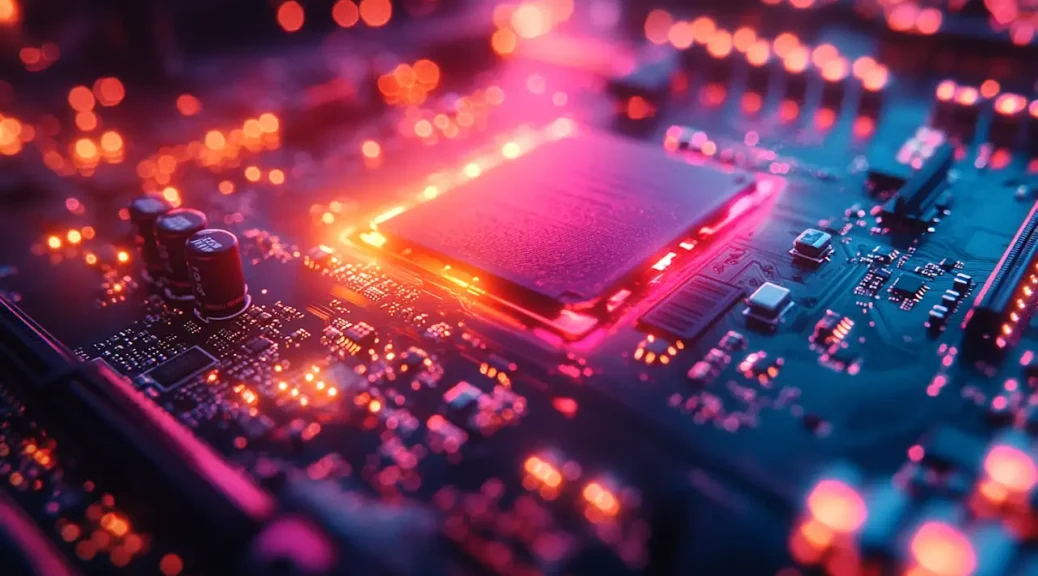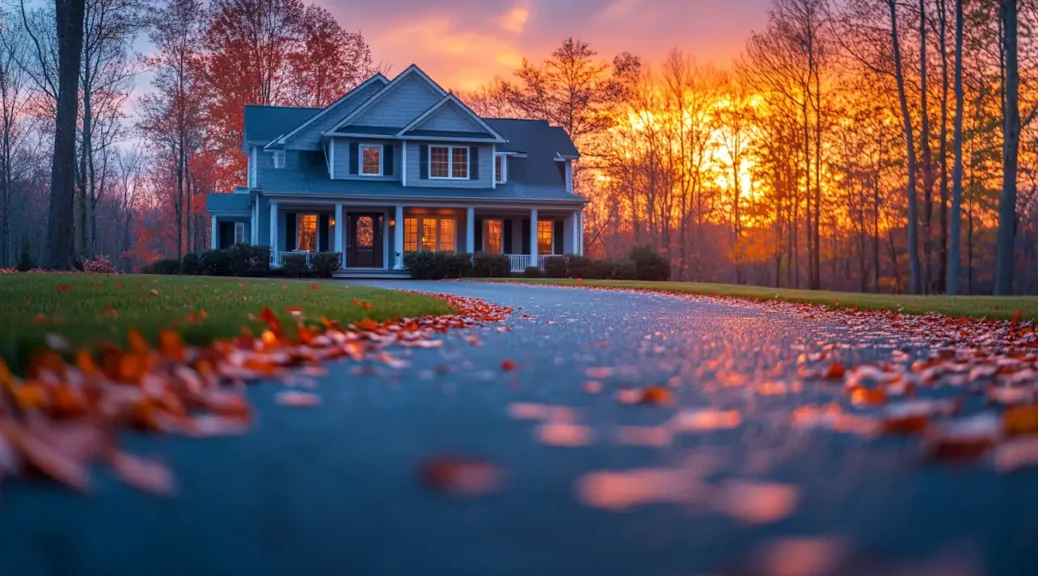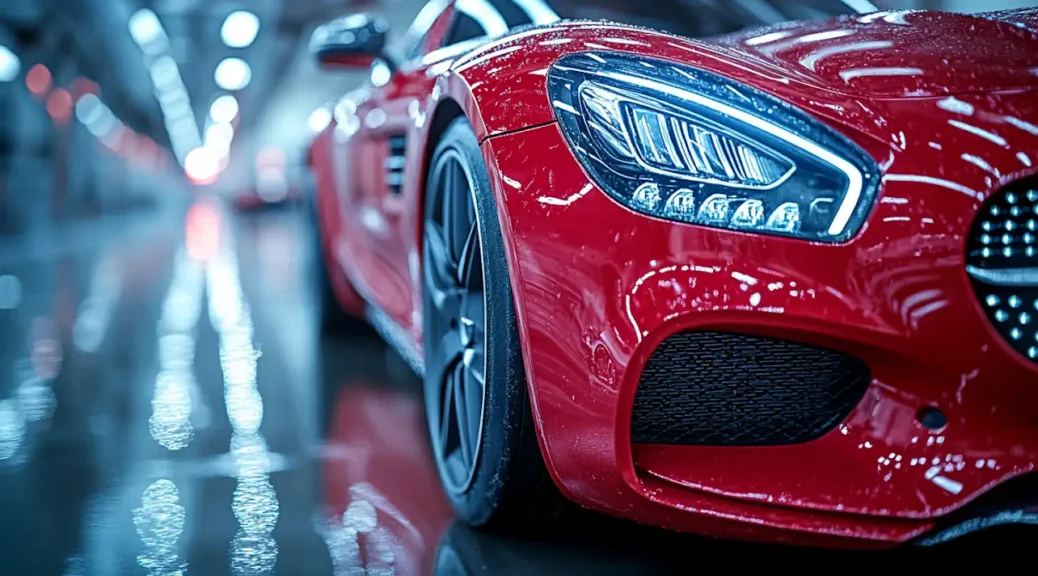
The Power of Video Marketing in Real Estate: Engaging Clients with Dynamic Content
In today’s digital-first real estate landscape, the art of property presentation has undergone a remarkable transformation. At the heart of this evolution lies video marketing, a dynamic force reshaping how properties are showcased and experienced by potential buyers. Gone are the days when static images and text descriptions alone could capture the essence of a property. The contemporary real estate market demands immersive experiences that transport viewers into spaces, allowing them to forge emotional connections with properties before stepping through their physical doors.
The integration of video content in real estate marketing represents more than just a technological advancement; it embodies a fundamental shift in how we perceive and interact with property listings. According to recent industry data, properties featured with professional video presentations receive 403% more inquiries compared to those without video content. This staggering statistic underscores the profound impact of visual storytelling in the real estate sector.
As we delve into this comprehensive exploration of video marketing in real estate, we’ll uncover innovative approaches, examine breakthrough strategies, and analyze the transformative power of dynamic content in connecting properties with their ideal buyers. The landscape of real estate marketing continues to evolve, and those who master the art of video storytelling position themselves at the forefront of industry innovation.
This deep dive into video marketing’s role in real estate will reveal how this powerful medium not only showcases properties but also builds trust, establishes authority, and creates lasting connections with potential buyers. The journey ahead promises to unlock new perspectives on property presentation and client engagement in the digital age.
Beyond the Virtual Tour: Crafting Narrative Excellence in Property Showcases
The contemporary approach to property presentation transcends the conventional virtual tour format, venturing into the realm of sophisticated storytelling. Modern real estate professionals recognize that each property holds a unique narrative waiting to be unveiled through carefully crafted video content. This evolution in property presentation has revolutionized how potential buyers engage with listings.
Professional videographers working in real estate report that properties showcased through narrative-driven video content spend 32% less time on the market compared to traditional listings. This significant reduction in selling time demonstrates the power of storytelling in creating emotional connections with potential buyers. The approach involves weaving together architectural details, neighborhood characteristics, and lifestyle possibilities into a cohesive narrative that resonates with viewers.
Advanced cinematographic techniques now play a crucial role in property presentation. Drone footage, time-lapse sequences, and dynamic tracking shots combine to create a multi-dimensional viewing experience. These technical elements, when properly orchestrated, contribute to a property’s story rather than simply displaying its features. Industry analysis reveals that listings incorporating these advanced filming techniques generate 71% more viewer engagement than those using basic video approaches.
The psychological impact of narrative-driven property videos extends beyond initial viewer engagement. Research indicates that potential buyers retain 68% more information about properties presented through story-based video content compared to traditional listing formats. This enhanced retention rate translates directly into more informed buyer decisions and streamlined sales processes.
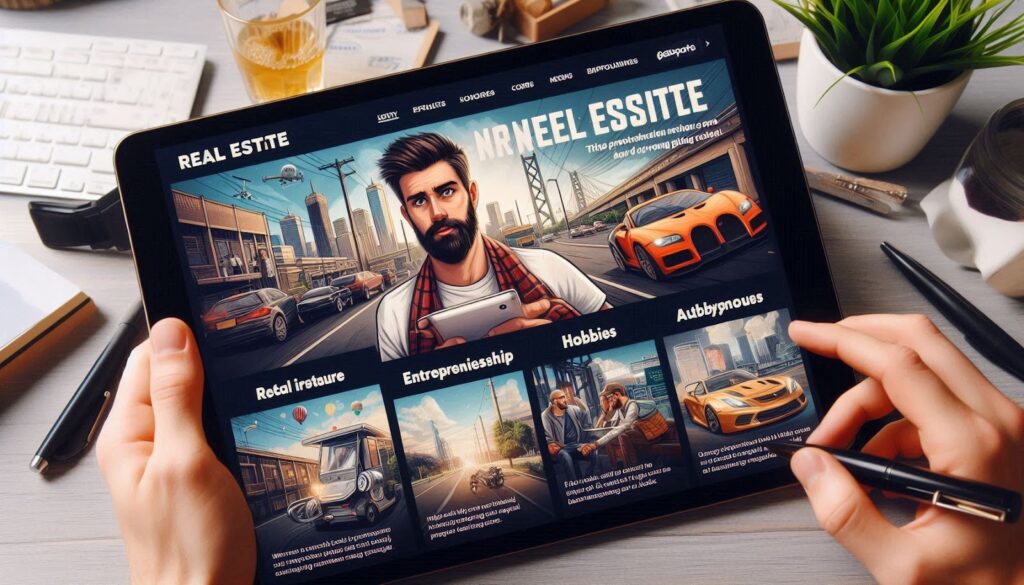
Immersive Storytelling: The Psychology Behind Property Connection
Understanding the psychological principles that drive viewer engagement with video content has become essential in modern real estate marketing. The human brain processes visual information 60,000 times faster than text, making video an incredibly powerful tool for creating lasting impressions. This cognitive advantage translates into meaningful connections between viewers and properties.
Neuroscience research reveals that viewers watching property videos experience activation in both the emotional and analytical centers of their brains. This dual activation creates a more comprehensive understanding of the space and stronger memory formation. Studies show that potential buyers who engage with video content are 85% more likely to remember specific property details 48 hours after viewing.
The emotional engagement factor in video marketing plays a crucial role in decision-making processes. When viewers experience a property through well-crafted video content, their mirror neurons activate, allowing them to imagine themselves living in the space. This neurological response creates a powerful connection that static images or written descriptions simply cannot achieve.
Market analysis indicates that properties marketed with emotionally engaging video content receive 43% more qualified leads compared to traditional listings. This increased quality of leads directly correlates to the viewer’s ability to form deeper connections with properties through video storytelling. The psychological impact of video content extends beyond initial viewing, influencing long-term memory and decision-making processes.
Revolutionary Angles: Technological Innovation in Property Visualization
The intersection of cutting-edge technology and real estate videography has created unprecedented opportunities for property presentation. Advanced camera systems, including 8K resolution capabilities and sophisticated stabilization mechanisms, now capture architectural details with stunning clarity. This technological precision allows viewers to experience properties with unprecedented realism.
Artificial intelligence integration in video production has transformed how property features are highlighted and presented. AI-powered editing systems analyze viewer engagement patterns and automatically optimize video sequences for maximum impact. Early adopters of AI-enhanced video marketing report a 47% increase in viewer retention rates and a 39% improvement in lead qualification efficiency.
The emergence of mixed reality elements in property videos represents another technological breakthrough. By incorporating augmented reality overlays into property videos, real estate professionals can showcase both existing features and potential modifications simultaneously. This innovative approach has proven particularly effective in the luxury market, where 58% of high-net-worth buyers express stronger interest in properties showcased with mixed reality elements.
The technical evolution extends to the realm of sound design and ambient audio capture. High-fidelity microphone arrays now record spatial audio, creating immersive soundscapes that complement visual elements. Properties marketed with professional audio-visual presentations command premiums averaging 8% higher than comparable listings using traditional marketing methods.
Mastering the Digital Symphony: Orchestrating Multi-Platform Video Distribution
The strategic distribution of video content across various digital platforms has become as crucial as the production quality itself. Understanding platform-specific viewer behaviors and preferences enables real estate professionals to optimize their video content for maximum engagement. Recent analytics reveal that platform-optimized property videos achieve 127% higher engagement rates compared to generic video distributions.
Social media platforms have evolved into powerful channels for real estate video marketing, each requiring unique approaches. Instagram’s algorithm favors property videos between 30-60 seconds, while YouTube viewers engage more deeply with detailed property tours averaging 4-7 minutes. This platform-specific optimization has resulted in a 93% increase in qualified lead generation for early adopters.
Professional real estate marketers leveraging multi-platform distribution strategies report significant improvements in market reach and buyer engagement. Properties marketed through synchronized video campaigns across multiple platforms experience a 64% reduction in average days-on-market compared to single-platform approaches. The synergistic effect of coordinated distribution amplifies market presence and accelerates buyer discovery.
Email marketing campaigns incorporating video content demonstrate remarkable performance improvements. Messages featuring property videos experience open rates 19% higher than traditional text-based emails, while click-through rates increase by 65%. This enhanced engagement translates directly into increased property inquiries and showings.
Quantifying Success: Analytics and Performance Metrics in Video Marketing
Understanding the impact of video marketing efforts requires sophisticated analysis of multiple performance indicators. Advanced tracking systems now monitor viewer behavior patterns, engagement duration, and conversion rates across various platforms. This data-driven approach enables real estate professionals to refine their video marketing strategies continuously.
Comprehensive analysis of video marketing campaigns reveals fascinating patterns in viewer behavior. Properties showcased through professional video content receive 403% more inquiries than those without video elements. Additionally, listings featuring video presentations maintain viewer attention for an average of 2.6 times longer than traditional photo galleries.
The correlation between video engagement metrics and property sales outcomes provides valuable insights for marketing optimization. Properties generating above-average video completion rates sell 23% faster and achieve selling prices averaging 4% higher than market expectations. These performance indicators demonstrate the tangible value of investing in quality video marketing.
Investment return analysis indicates that professional video marketing yields significant financial benefits. Real estate professionals implementing comprehensive video marketing strategies report average marketing cost reductions of 32% while achieving 47% higher conversion rates. This improved efficiency demonstrates the economic advantages of video-centric marketing approaches.
Redefining Expectations: The Evolution of Client Engagement Through Video
The transformation of client expectations in real estate marketing continues to accelerate, driven by advancements in video technology and changing consumer behaviors. Modern buyers expect immersive, informative, and engaging video content as a standard element of property listings. This shift in expectations has fundamentally altered how real estate professionals approach property marketing.
Market research indicates that 87% of potential buyers now consider video content a crucial factor in their property search process. This preference extends across all demographic groups, with millennials and Gen Z buyers showing particularly strong engagement with video-based property presentations. The trend signals a permanent shift in how real estate information is consumed and processed.
The impact of video marketing extends beyond initial property discovery to influence the entire buying journey. Properties marketed with professional video content generate 41% more scheduled showings and experience 27% higher offer rates compared to traditional listings. This enhanced performance demonstrates the role of video in qualifying leads and accelerating sales processes.
Real estate professionals who embrace video marketing report significant improvements in client relationships and brand perception. Survey data indicates that 92% of clients view agents utilizing professional video marketing as more professional and technologically advanced than their peers. This perception translates into increased referral rates and stronger long-term client relationships.
